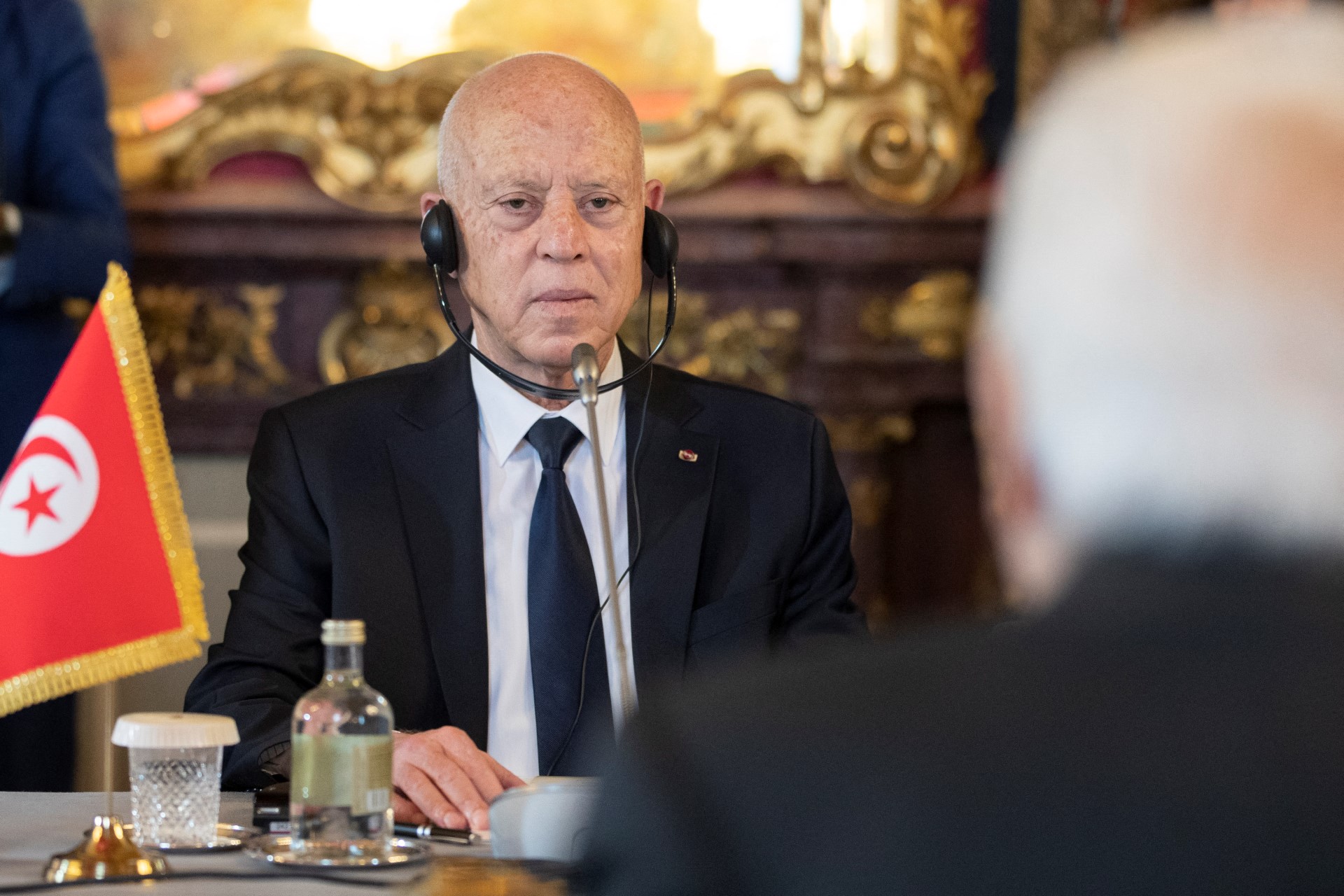Strasbourg, France – Tunisia has barred entry to a delegation from the European Parliament, after EU lawmakers criticized a deal Brussels struck with Tunis to stem migration, officials said on Thursday.
Legislators from the parliament’s foreign affairs committee were due to head to the North African country on Thursday on a fact-finding mission.
But in a letter seen by AFP, Tunisia’s foreign ministry said on Thursday that the lawmakers would not be allowed entry due to “multiple reservations” about the visit.
“We condemn the decision of the Tunisian authorities to refuse entry for the delegation,” the delegation, made up of five MEPs, said in a statement.
“This conduct is unprecedented since (Tunisia’s) democratic revolution in 2011”, it said.
Mounir Satouri, a member of the parliamentary delegation, slammed the move as “both astonishing and exceptional.”
The incident comes after the European Union inked a memorandum of understanding in July with Tunisia aimed at curbing irregular migration across the Mediterranean.
Under the deal — pushed strongly by EU member Italy — Brussels has promised potentially hundreds of millions of euros in financial support for the government in Tunis.
In a debate this week, MEPs on the left complained the EU had struck a deal with an increasingly authoritarian government, which has been accused of abusing migrants from sub-Saharan Africa.
The centre-left S&D political grouping called for the “immediate suspension” of the pact in the wake of the decision to stop the lawmakers’ visit.
Legislators have no say over the approval of the deal.
The European Commission, the EU’s executive arm, has defended the agreement, saying it reinforced cooperation with a key partner.
Tunisia is a main launching pad for thousands of migrants seeking to make the perilous sea crossing to Europe.
International rights organizations have warned over the past two years of a steady slide towards authoritarianism in Tunisia ever since President Kais Saied staged a power grab on July 25, 2021.

